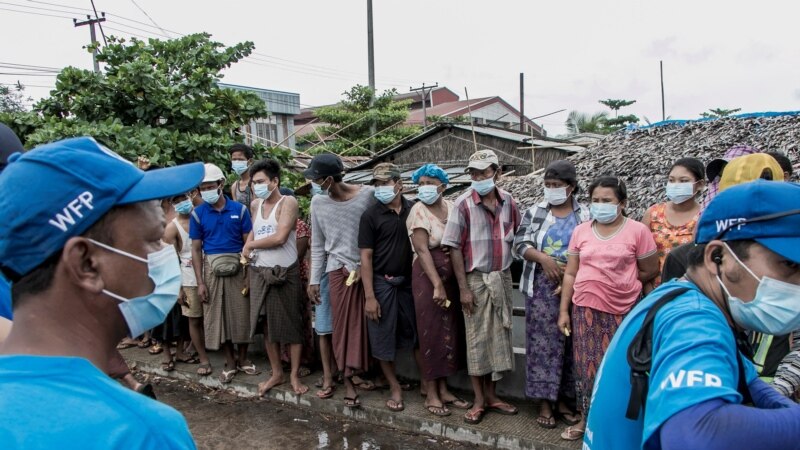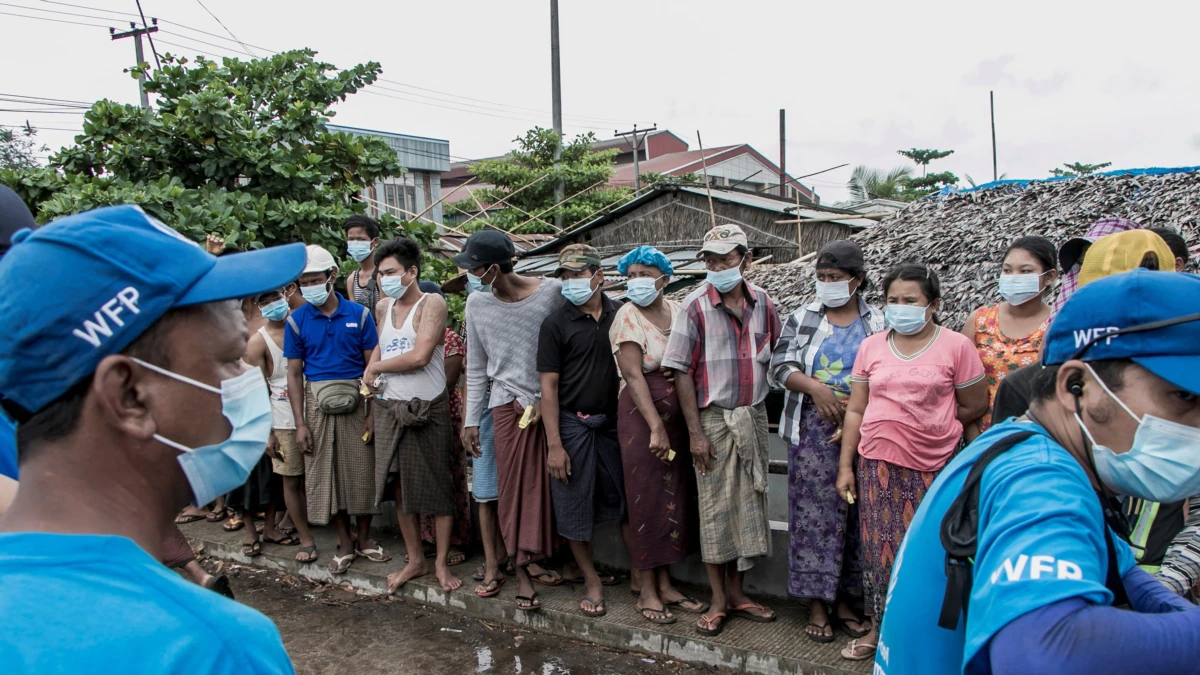
The World Food Program says that without consolidated global action to stop the acceleration of climate change, the world faces a crisis of acute hunger.
The WFP says climate shocks are destroying lives, crops and livelihoods and are undermining people’s ability to feed themselves. It cites Mozambique as an example of a country particularly vulnerable to climate change. It notes millions of people are suffering from food scarcity because of punishing cyclones, drought and pest infestations leading to agricultural losses.
WFP spokesman Tomson Phiri said Friday that hunger would increase rapidly throughout vulnerable communities worldwide if global action is not taken to reduce greenhouse gas emissions, which are leading to climate change.
It’s often stated by climate scientists and activists that humans must stop the planet from warming an additional 2 degrees Celsius above pre-industrial levels to avoid the most destructive effects of climate change. “Research shows that if global temperatures keep rising to hit the 2 degrees Celsius mark, an additional 189 million people could become food insecure,” Phiri said. “Now, in a 4 degree Celsius warmer world, this number could increase by as many as 1.8 billion people.”
Trouble spots
The WFP describes the devastating wide reach climate change is having on the livelihoods in communities in the “dry corridor” of Central America; in Afghanistan, where drought was officially declared in June; and in Yemen, where severe and frequent floods have damaged and destroyed infrastructure and homes.
Phiri said the WFP is helping people in communities where food is in short supply to prepare for, as well as respond and recover from, climate shocks and stresses. He said the agency has reached more than 6 million people in 28 countries with climate risk management solutions.
For example, he said, the WFP provided cash assistance for 120,000 people in Bangladesh four days ahead of severe flooding to help them protect critical assets. In Madagascar, he said, the WFP has launched a microinsurance program to help farmers who have lost their crops because of drought.
“Ahead of COP26, the World Food Program is calling for coordinated global climate action to urgently address the challenges of the climate crisis and to reduce its impact on hunger,” Phiri said. “More specifically, we are advocating for a shift from crisis response to risk management.”
Phiri said governments should manage risks rather than disasters. He said a more forward-looking perspective is needed to prepare for bigger and more frequent climate shocks and enable early action to help prevent predictable climate emergencies.













































